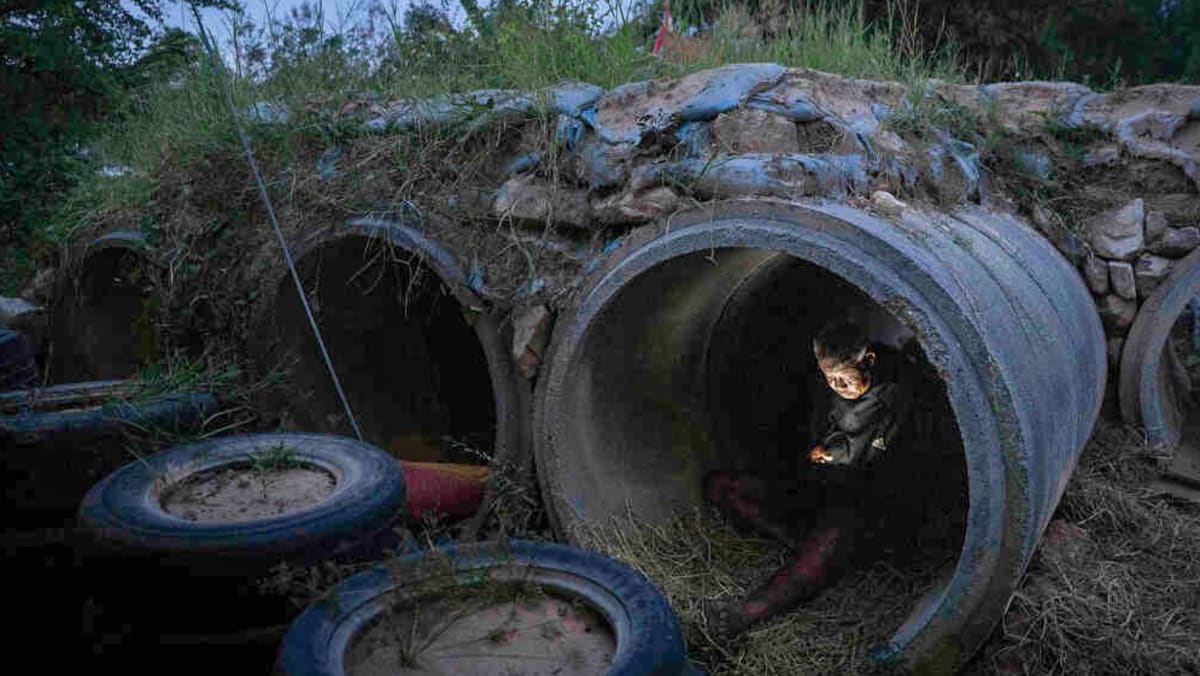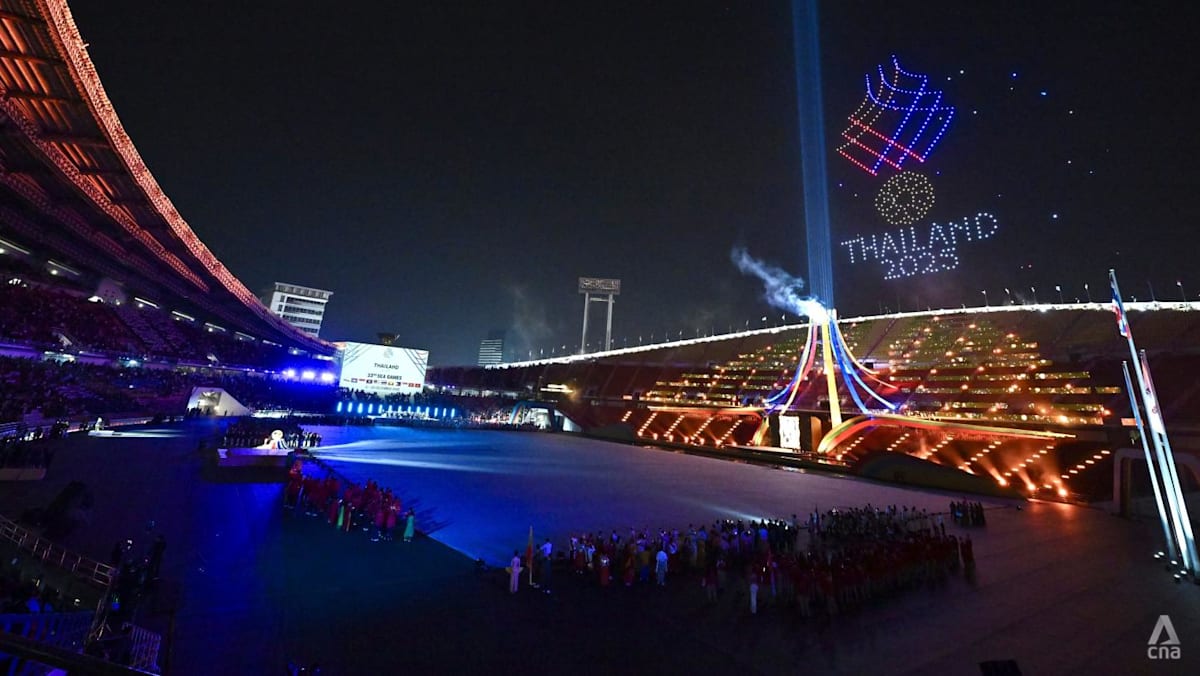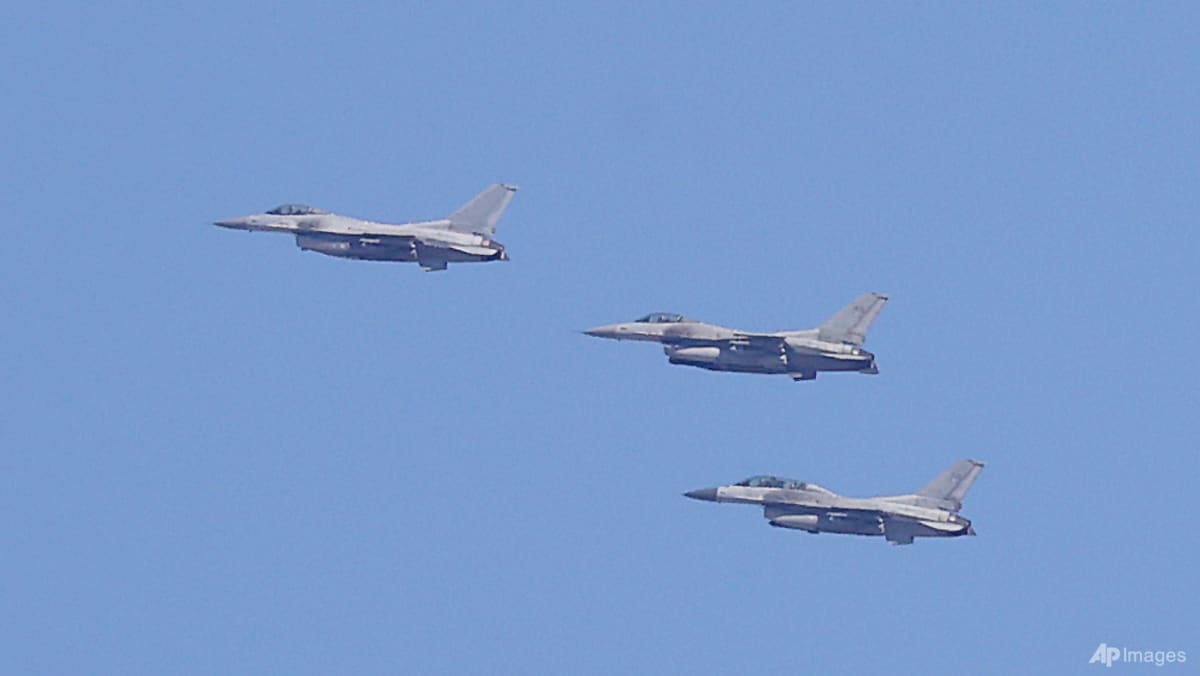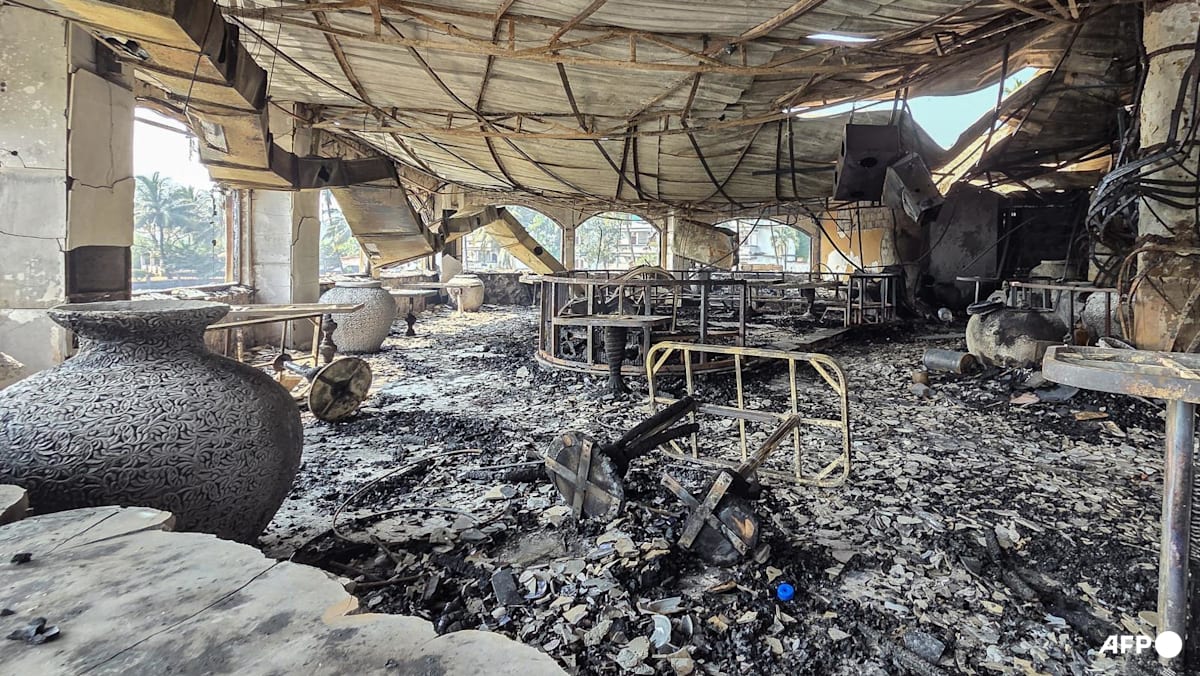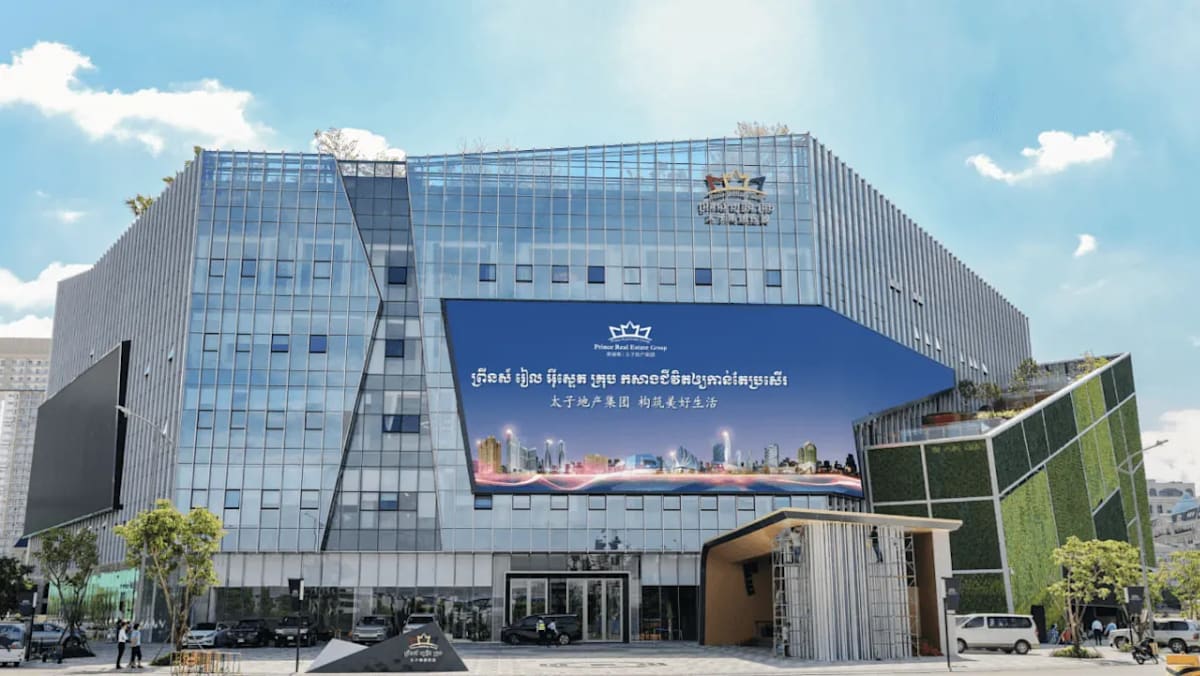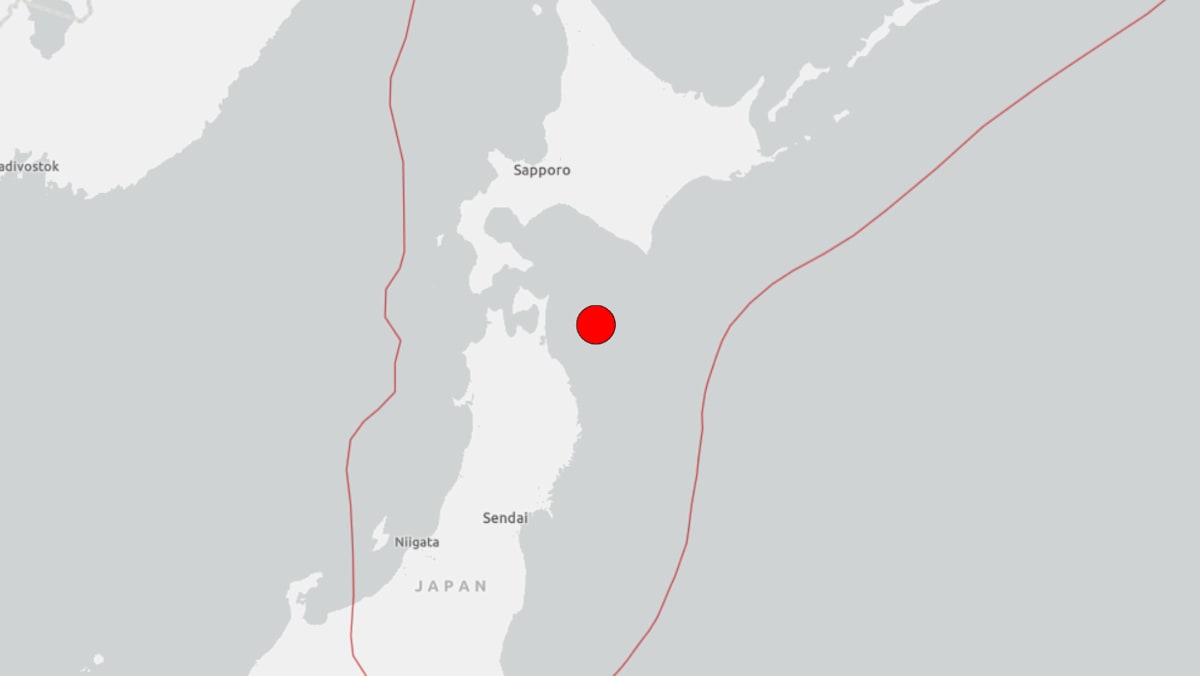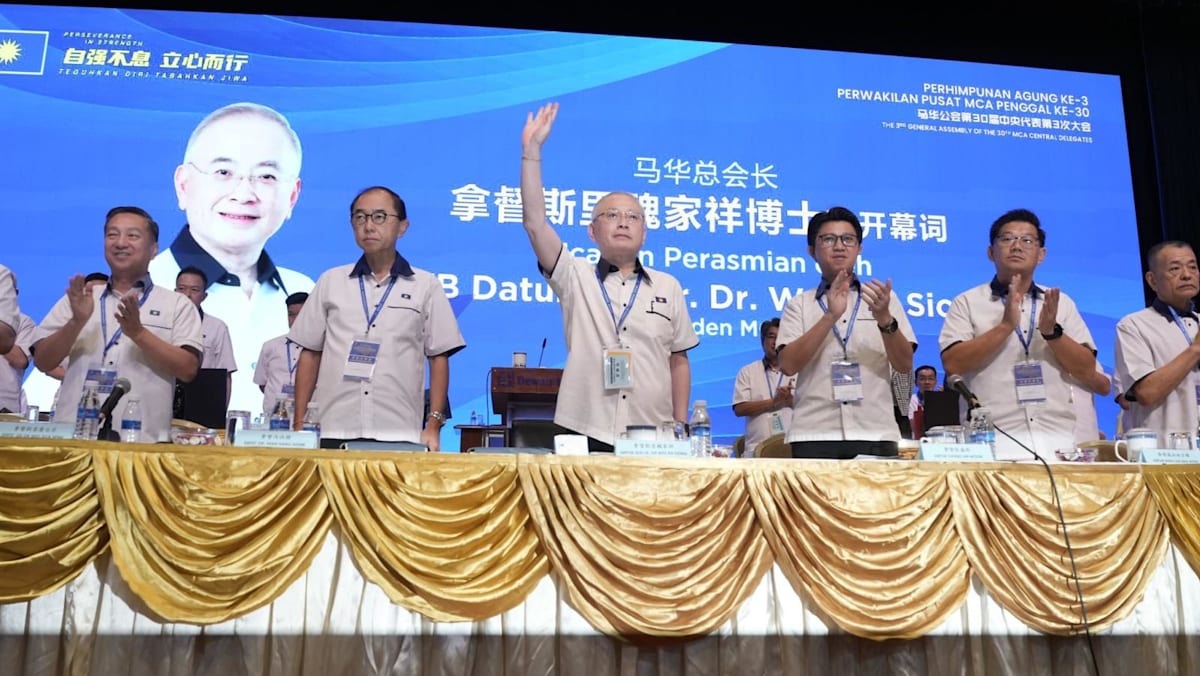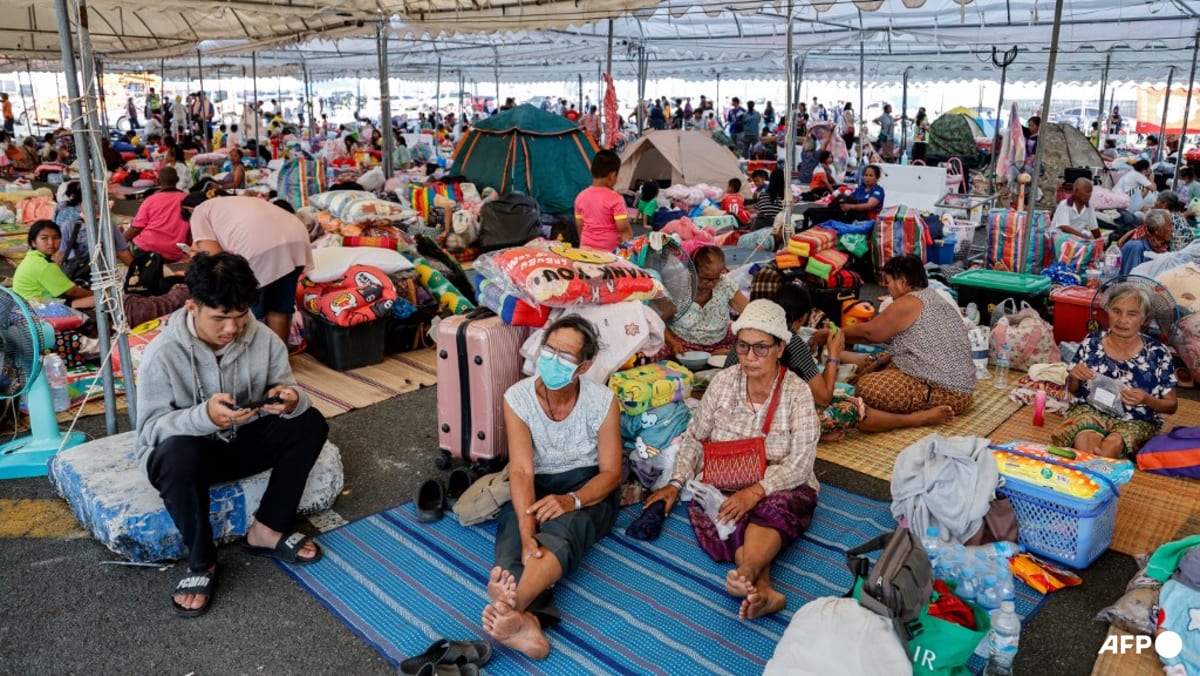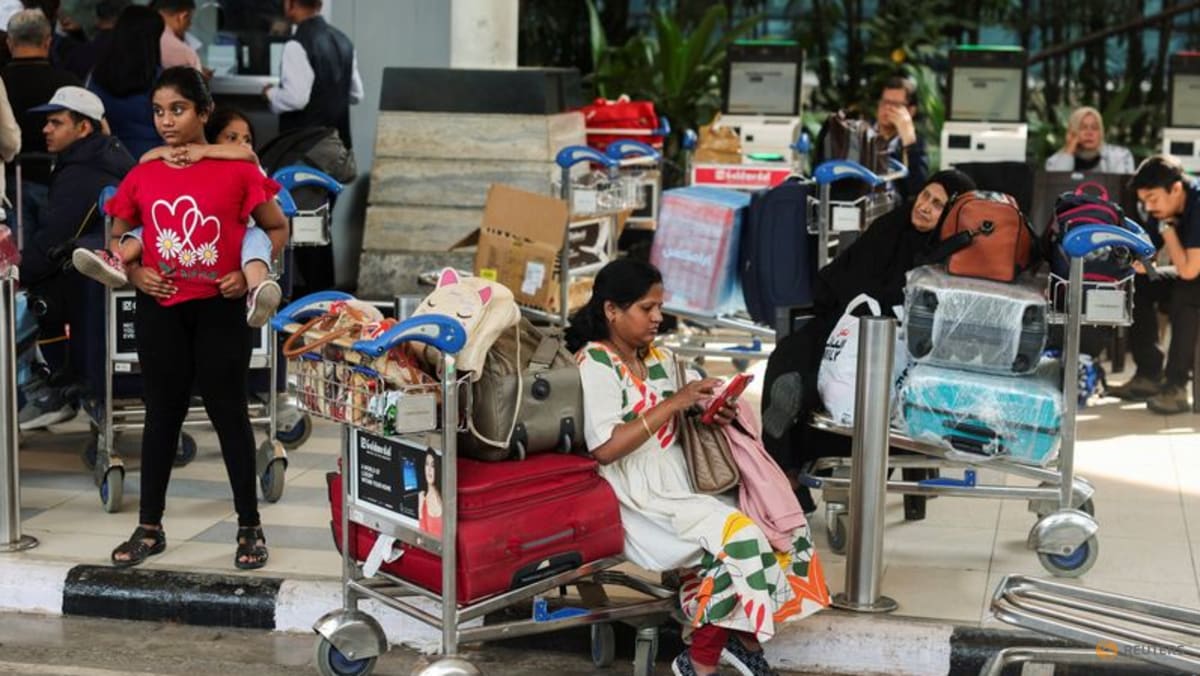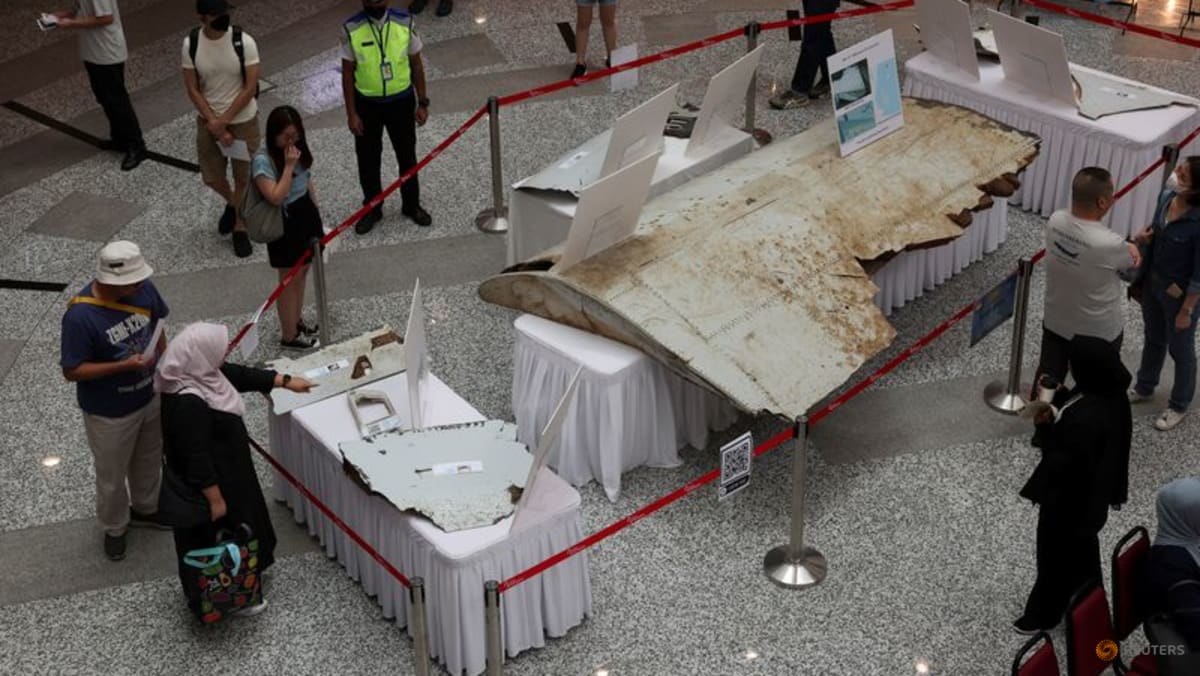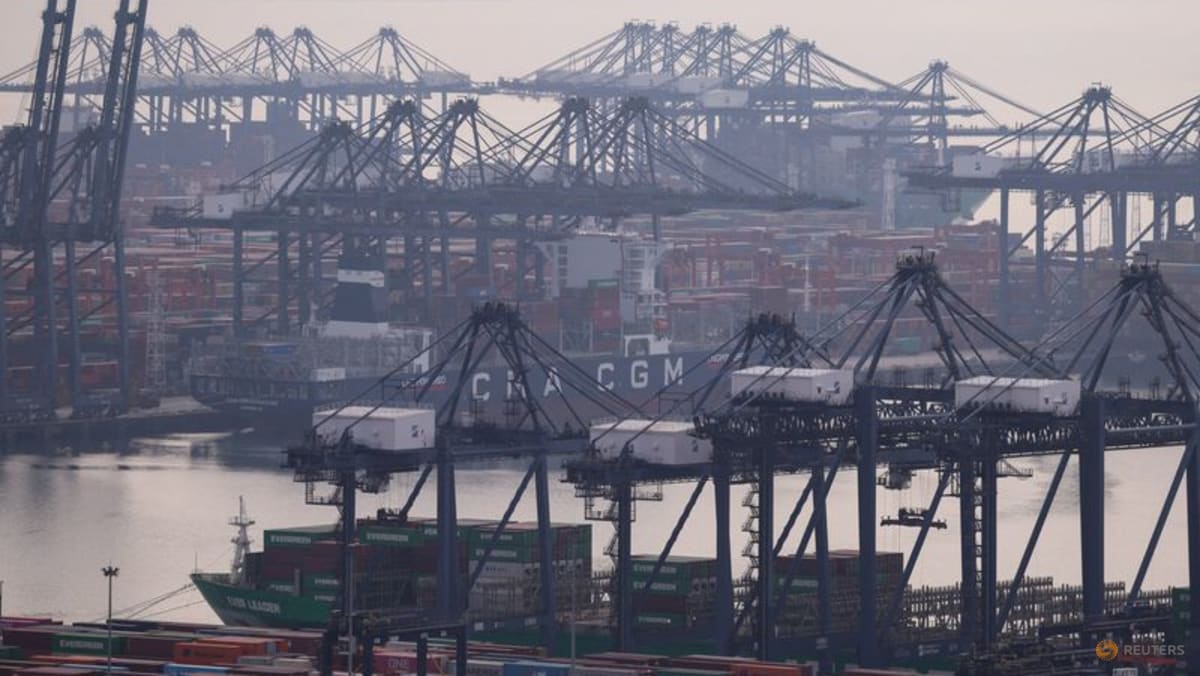Commentary: The challenge for Malaysia opposition party PAS in going mainstream
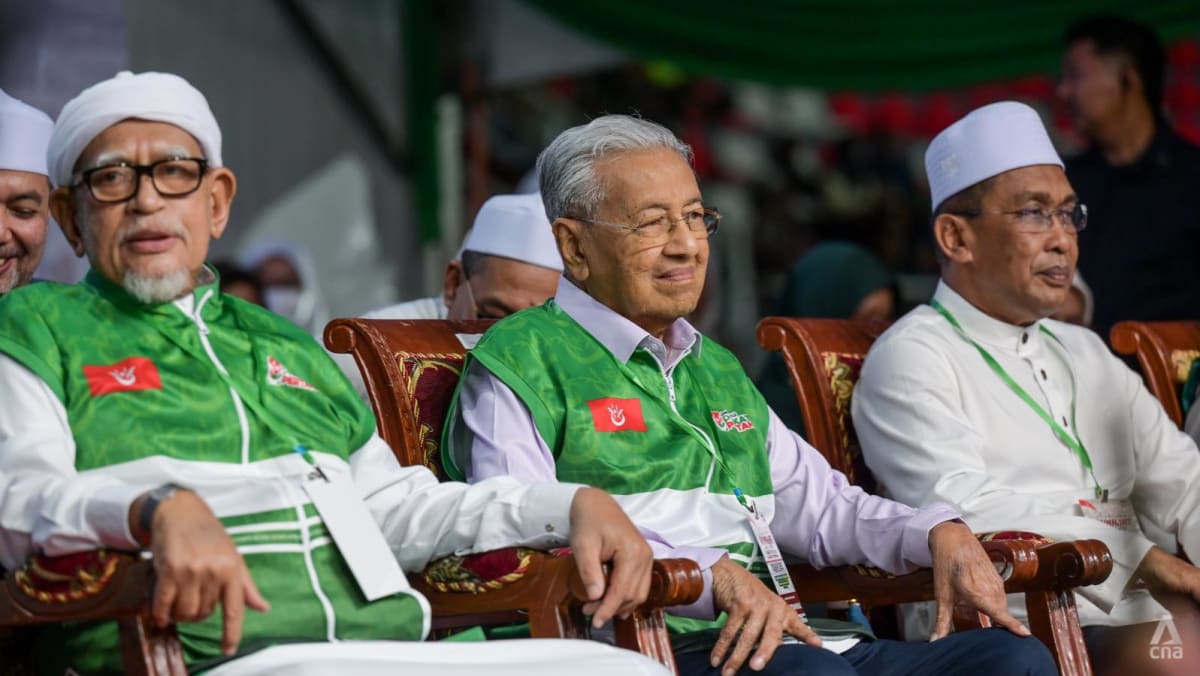
REFORMS A WORK IN PROGRESS
In his writings and speeches, Abdul Hadi has been critical of secularism and liberalism. PAS is arguably the strongest party in the country after solid victories in the November 2022 general election (GE15) and August 2023 state elections.
It now holds the largest party block in Parliament with 42 seats out of 222 (originally 43, before Election Commission nullified the Kemaman seat in Terengganu). Its presence in Parliament is even bigger than Prime Minister Anwar Ibrahim’s Parti Keadlian Rakyat (PKR), the Democratic Action Party (DAP), and the United Malays National Organization (UMNO), the other older and bigger parties in Malaysia.
In the state elections in August, PAS won 126 out of 245 seats it contested, making it the best performing party. It is now in control of Terengganu, Kelantan, Kedah, and Perlis. However, it struggled to garner votes from non-Malays and urban Malays.
As solid as PAS’ recent political gains, the question is whether an old warhorse like Abdul Hadi would be the stumbling block for PAS to make further electoral gains. To be sure, he may have put in place the ingredients for a progressive-Islamist PAS in future.
In his speech, Abdul Hadi reiterated his right to articulate the so-called 3R issues: Race, religion and royalty. On the other hand, the unity government has signalled it would not tolerate those who polarises the country. Abdul Hadi has been questioned several times by the police for sedition.
His recent comments on the current humanitarian crisis in Gaza may further alienate the more moderate Muslims (or Malaysians). It is understandable that he sympathises with the Palestinians in Gaza, given Malaysia’s political climate and that Kuala Lumpur does not have any diplomatic ties with Israel.
But he has inaccurately described the militant Hamas’ behaviour against Israel as legitimate in the eyes of Islam. He could have unequivocally condemned the loss of any innocent lives, both Palestinians and Israelis, while being more sympathetic to the former in the name of Muslim solidarity.
Source: CNA


